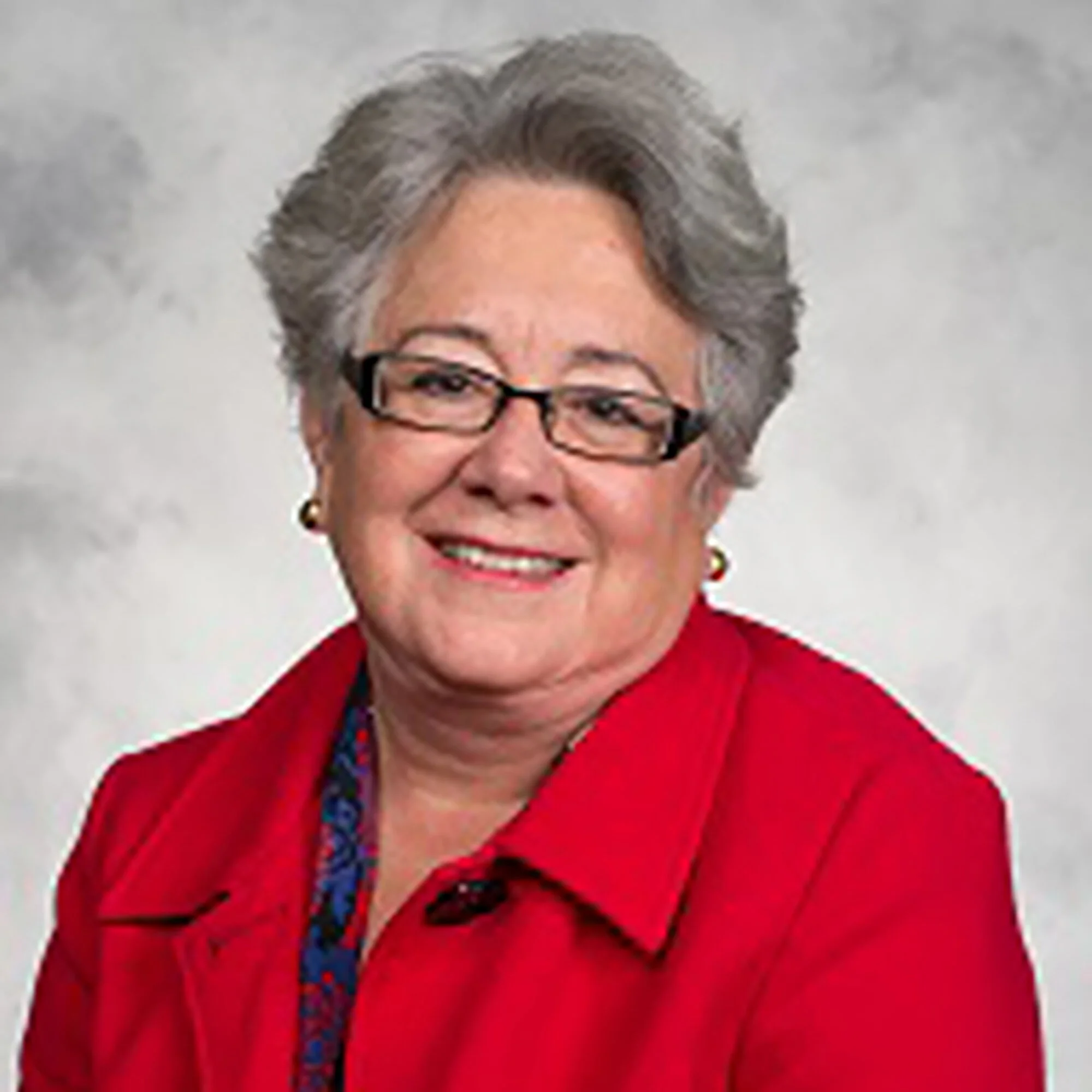Michael Menaker
Michael Menaker, an internationally renowned researcher, generous mentor, and retired biology professor at the University of Virginia, died on February 14. He was 86.
A giant in the field of circadian rhythms, Menaker was widely considered one of the pioneers in the physiological analysis and identification of circadian pacemakers in the vertebrate nervous and endocrine systems. His groundbreaking discoveries included the first single-gene circadian mutation in mammals and the existence of widespread circadian oscillators in peripheral tissues in mammals. Under Menaker’s watch, and with his active support, the National Science Foundation Center for Biological Timing was conceived and established at the University of Virginia. It functioned as the headquarters of a multi-university institute that made pioneering discoveries, and it placed UVA at the center of the circadian-rhythms universe.
“Many of us will miss Mike for the simple and selfish reason that we have lost a dear friend and scientific father,” said Russell Foster, past president of the European Biological Rhythms Society. “But the bigger, and more bitter loss, is that Mike will no longer be there at our meetings, asking those brilliant questions and inspiring the next generation of circadian biologists.”
Born in Vienna, Austria, Menaker received a bachelor’s degree in biology from Swarthmore College in 1955. He married his Swarthmore sweetheart, the late Shirley Lasch Menaker, that same year. He went on to Princeton University, from which he earned his doctorate in 1960, then took a position as a postdoctoral fellow with Donald Griffin at Harvard University. He began his academic career as an assistant professor in the Department of Zoology at the University of Texas, Austin, and rose through the ranks to full professor there. In 1979, he was recruited to transfer to the University of Oregon, where he served as director of the Institute of Neuroscience. In 1987, he joined the UVA faculty and served as the Commonwealth Professor of Biology there until his retirement last year.
Menaker’s scientific impact was enormous. He published some 200 peer-reviewed papers and earned numerous awards and recognitions over the course of his career, notably: election to the American Academy of Arts and Sciences; a Lifetime Achievement Award from the American Society of Photobiology; a Virginia’s Outstanding Scientists Lifetime Achievement Award; and the Peter C. Farrell Prize in Sleep Medicine from the Harvard Medical School Division of Sleep Medicine. However, Menaker’s colleagues and protégés said that his greatest impact was the influence he had on the many undergraduate students, graduate students, and postdoctoral scholars that he trained over the years and with whom he remained close.
When Ignacio Provencio, who had been a graduate student in UVA’s department of biology during Menaker’s tenure as department chair, returned to join UVA’s faculty in 2005, he was drawn in part by the prospect of working closely with Menaker. “As my friendship with Mike grew, I never forgot what a giant he was in the field,” Provencio recalls. “I never took for granted the times Mike would enter my office just to shoot the breeze, knowing it was an opportunity others would love to have.”
Another of Menaker’s accomplished students, Joe Takahashi, who holds the Loyd B. Sands Distinguished Chair in Neuroscience at the University of Texas Southwestern Medical Center, wrote a tribute to Menaker for the Society for Research on Biological Rhythms that includes these words:
“Menaker was a profound thinker, listener and integrator of knowledge. He was charismatic and a delight to be around. He was very open and readily shared both his intellectual and political experience and opinions with his students and peers. … But perhaps his most important talent was his belief in his own judgment and his ‘nose’ for interesting biological questions. He was a rare and precious leader and pioneer.”
As accomplished and engaged as Menaker and his wife Shirley were in their respective fields, they were even more involved and available for their family and friends. Always encouraging, motivating, and supportive, they raised their children in a household full of love and learning. That legacy lives on today in their children, grandchildren, and extended scientific family.
Menaker is survived by his daughter Ellen Briones and son-in-law Jon Briones; son Nicholas Menaker; grandchildren Demetris, Nikkita, and Izzy Briones; and brother Dr. Thomas Menaker.



